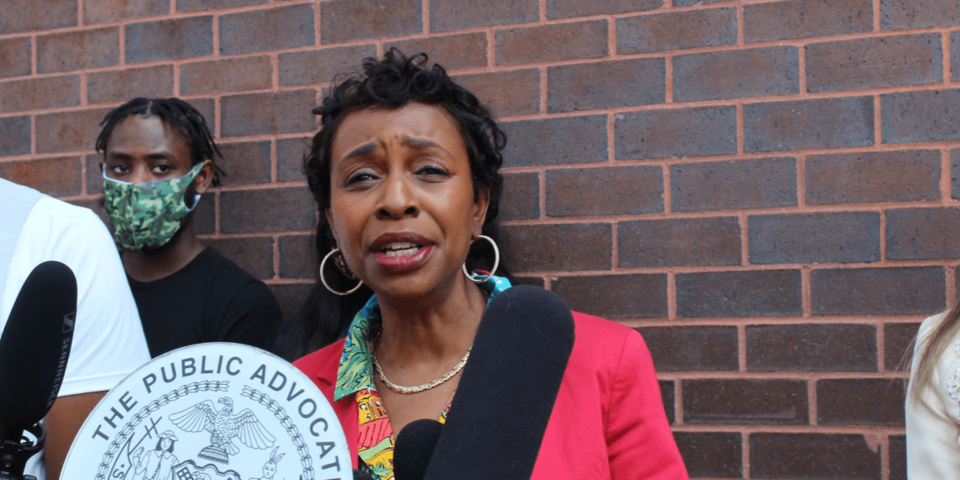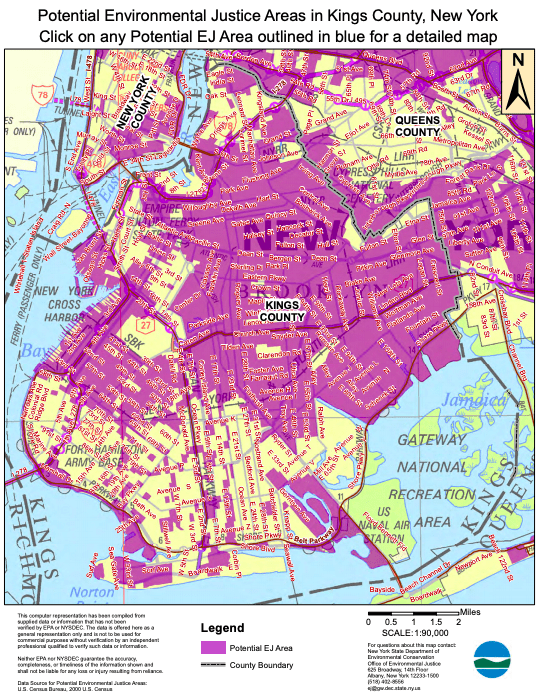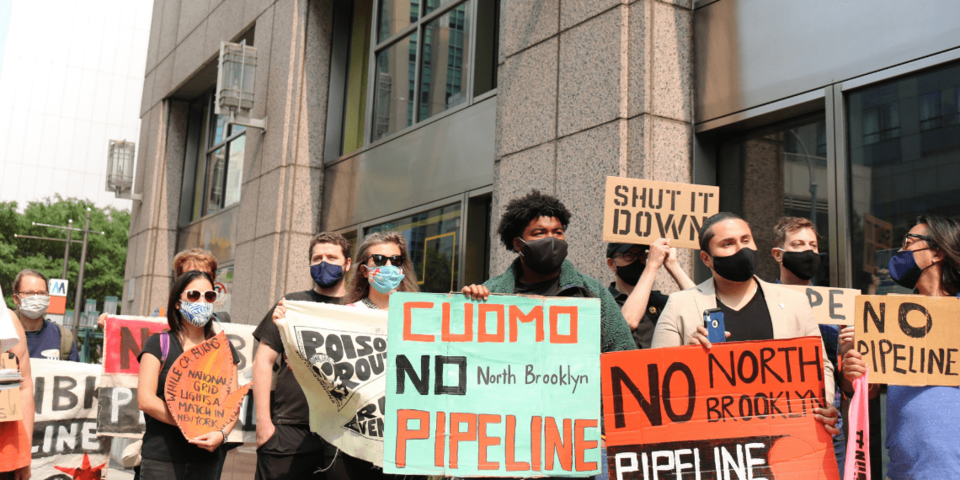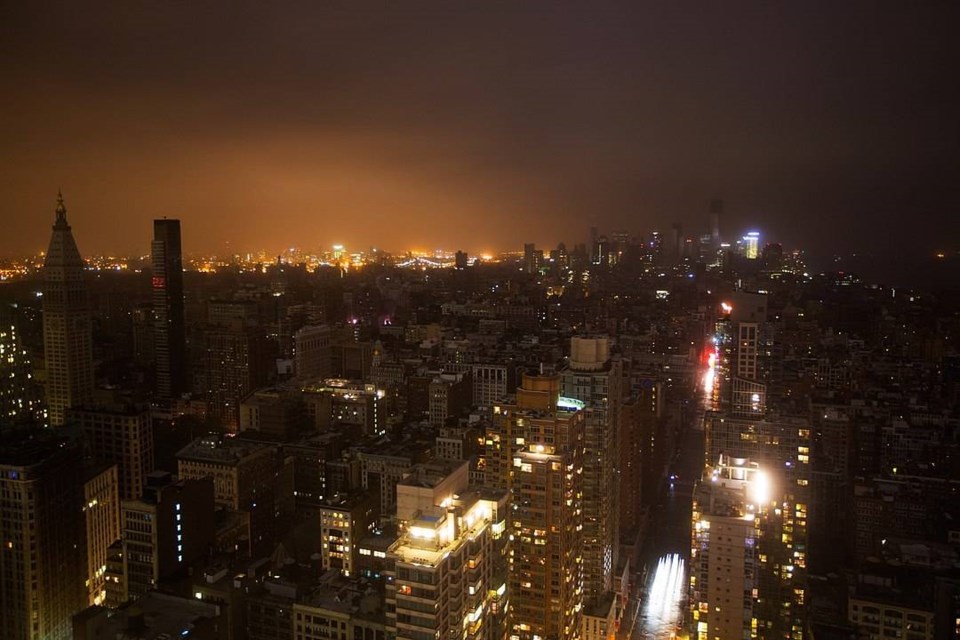If you live in Brooklyn, you're probably used to living through power outages.
But a new bill introduced in Congress Tuesday is looking to make outages a thing of the past by giving $1.5 billion worth of annual grants to organizations willing to build clean energy microgrids that back up critical infrastructure.
And the grant system would prioritize communities like Brooklyn.

The Energy Resilient Communities Act, introduced by Brooklyn Congresswoman Yvette Clarke and California Congresswoman Nanette Diaz Barragán, would fund clean energy microgrids that keep infrastructure running in the aftermath of an extreme weather event or power shutdown.
"From Superstorm Sandy to summer heat waves, Brooklynites are all too familiar with the impacts of extreme weather on our communities and critical infrastructure," Clarke said.
"Unfortunately, we know that the climate crisis is only making these types of impacts more frequent and severe, particularly for those areas that have seen the greatest climate and pollution impacts yet received the least in renewable energy investment."
You don't need a long memory to cast back to this August when more than 24,000 Brooklyn homes were left without power after Tropical Storm Isaias, causing Governor Andrew Cuomo to call for an investigation into the "reckless disregard" of the utility companies.
And it's even harder to forget the wake of Hurricane Sandy in 2012, when more than 100,000 Brooklyn homes were thrown into darkness.

The outages show Brooklyn's vulnerability to extreme weather events, and also why the borough might be able to really benefit from the bill.
Many Brooklyn communities would be especially eligible for the up-to $10 million grants -- and eligible for a larger cost share from them -- due to being labeled as "environmental justice communities."
These communities are defined as areas with significant representation of people of color, low-income people, or indigenous people who experience worse environmental effects. Most of Brooklyn is a potential "environmental justice" area, according to a map created by the New York State Department of Environmental Conservation.
The law seeks to create clean energy jobs for these communities, as well as stability during outages.
A minimum of $150 million of annual funding would be reserved for grants supporting construction of community-owned energy systems.
"Through the federal programs established by this legislation, local communities will have access to unparalleled grant funding and technical assistance to develop zero-emission microgrids that will simultaneously tackle the climate crisis while fortifying our essential services and infrastructure to the impacts of future climate disasters," Clarke said
The bill's founders say the Energy Resilient Communities Act would also help the country fight the climate crisis and reduce air pollution.

"In 2019, 546 microgrids were installed in the United States. Of these, 86 percent were powered, at least in part, by burning fossil fuels," they said. "The legislation will support the construction of hundreds of microgrids annually powered by 100 percent clean energy."
The bill comes as the installation of a new, seven-mile fracked gas National Grid pipeline through Brooklyn has sparked debate about the future of energy in the borough, with protests rising up from Brownsville to Greenpoint on the issue.
Now more than ever, Brooklynites appear to be demanding a clean energy future -- and looking to legislation that would make it a reality.




